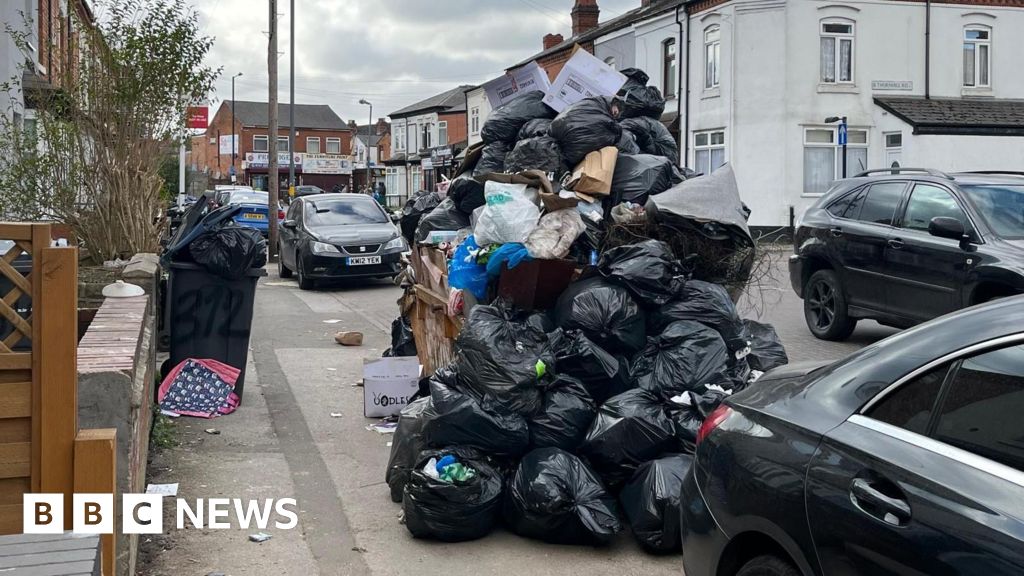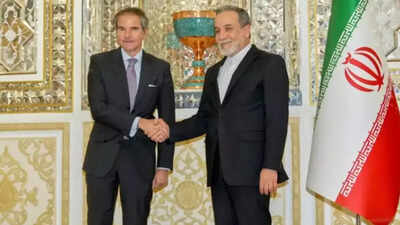JD Vance's Good Friday Message Sparks Controversy Over His Marriage to a Hindu

On this year's Good Friday, Vice President JD Vance shared a heartfelt message of gratitude on social media, expressing his appreciation for his role and the opportunity to celebrate this significant day in Rome. However, his post quickly attracted scrutiny as users on various platforms pointed out the irony of his message, given that his wife, Usha Vance, is of Indian origin and practices Hinduism.
In his social media post, Vance said, "Im grateful every day for this job, but particularly today where my official duties have brought me to Rome on Good Friday. I had a great meeting with Prime Minister Meloni and her team, and will head to church soon with my family in this beautiful city. I wish all Christians all over the world, but particularly those back home in the US, a blessed Good Friday. He died so that we might live." While his intentions appeared to be sincere, the response to his message was anything but supportive for many users.
Critics seized the opportunity to remind the Vice President of his Hindu marriage to Usha, a photo of which shows him adorned in traditional Indian attire complete with a garland during their wedding ceremony. This image has been circulated online to mock Vance, with users labeling him a 'fake Christian,' suggesting that his marriage to a Hindu woman undermines his Christian values.
Usha Vance has faced similar backlash in the past, being the first Asian-American and Hindu Second Lady in history. She has been vocal about the online harassment and hate campaigns directed at her, particularly during the election cycle. Recently, she addressed these issues in an interview with The Free Press, expressing her disdain for the narrative surrounding the 'normalization of Indian hate.' "Do I think it's great when people talk about 'normalizing Indian hate' or something like that? Absolutely not. I think it's terrible," Usha stated. She emphasized that these attacks are not new but highlighted how social media has changed the dynamics, giving a platform to those who propagate hate.
During the election, Usha was the target of a hate campaign primarily fueled by some factions within the MAGA movement, many of whom have ties to white supremacist ideologies. In response to the vitriol directed at her, the Coalition of Hindus of North America issued a statement condemning the Hinduphobic slurs aimed at Usha, reaffirming their support for her and denouncing such hate.
As the conversation surrounding JD Vance and Usha Vance continues to unfold, it raises significant questions about the intersection of personal beliefs, public responsibilities, and the impact of social media on societal narratives. The backlash that Usha faces not only reflects ongoing prejudices but also illustrates the challenges faced by public figures who exist at the crossroads of multiple cultures.



























